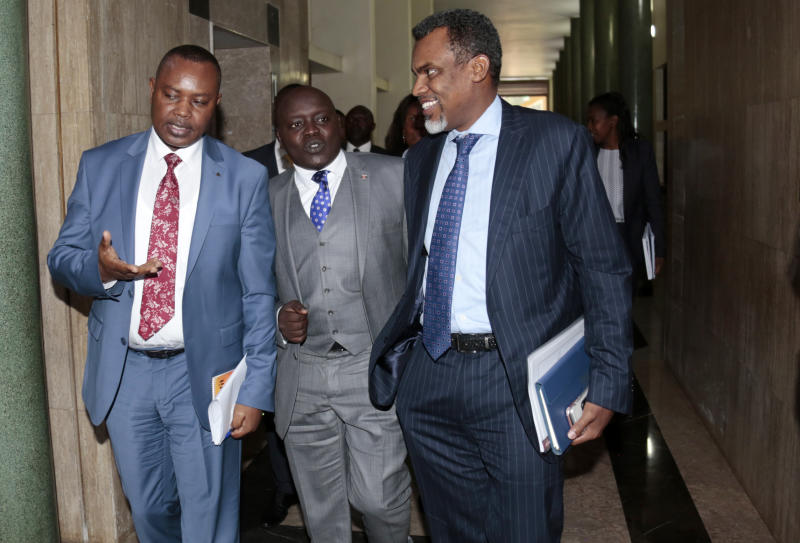×
The Standard e-Paper
Kenya’s Boldest Voice

Rich and powerful suspects are using the Judiciary to evade justice, top officials leading the fight against corruption have said.
In a candid discussion on the state of the anti-graft war, the Director of Criminal Investigations (DCI) and the Director of Public Prosecutions (DPP) said lenient bail and court orders were the weak links in the fight.